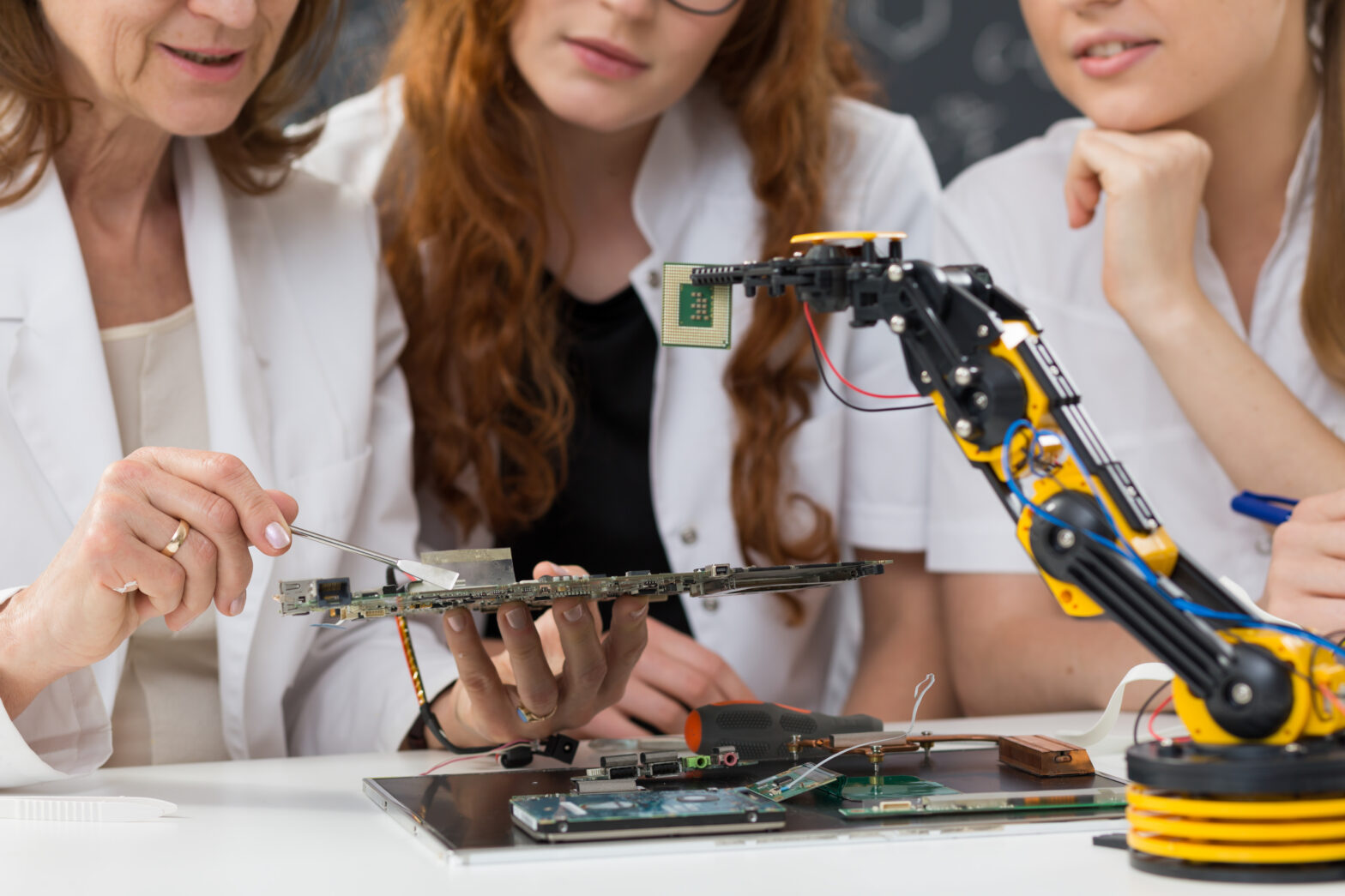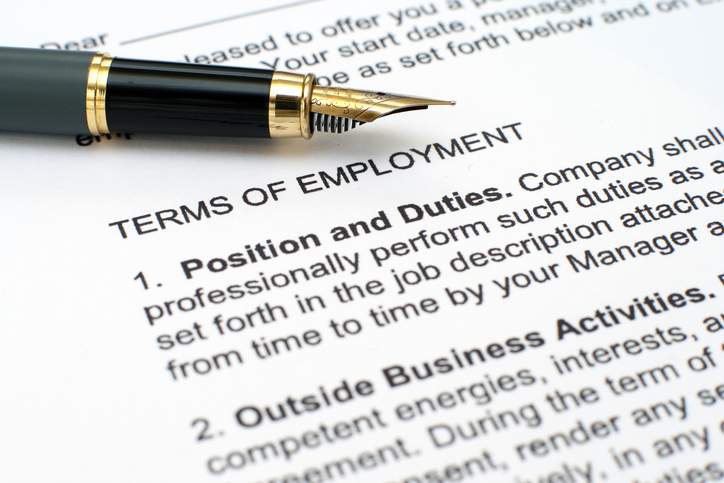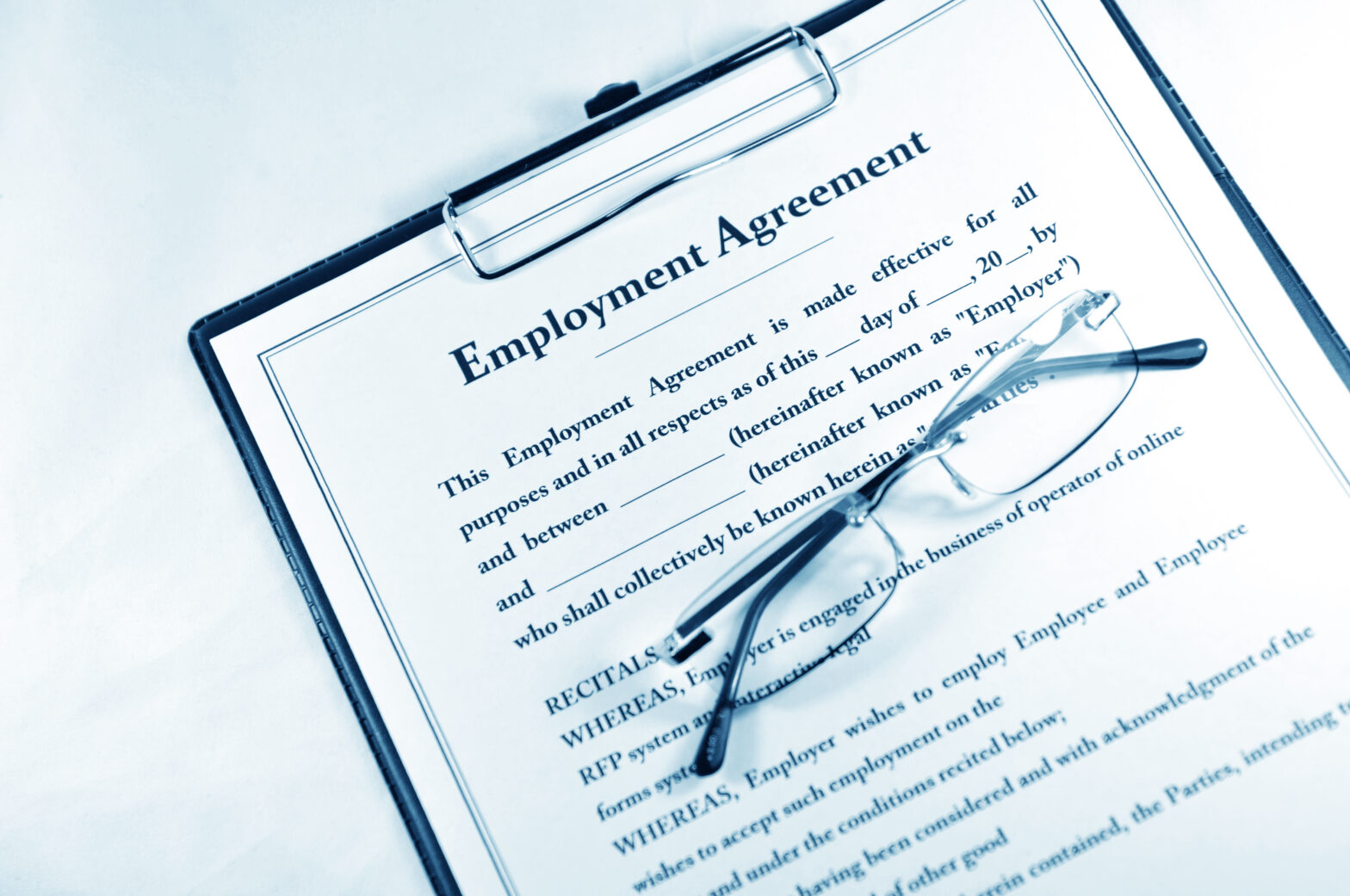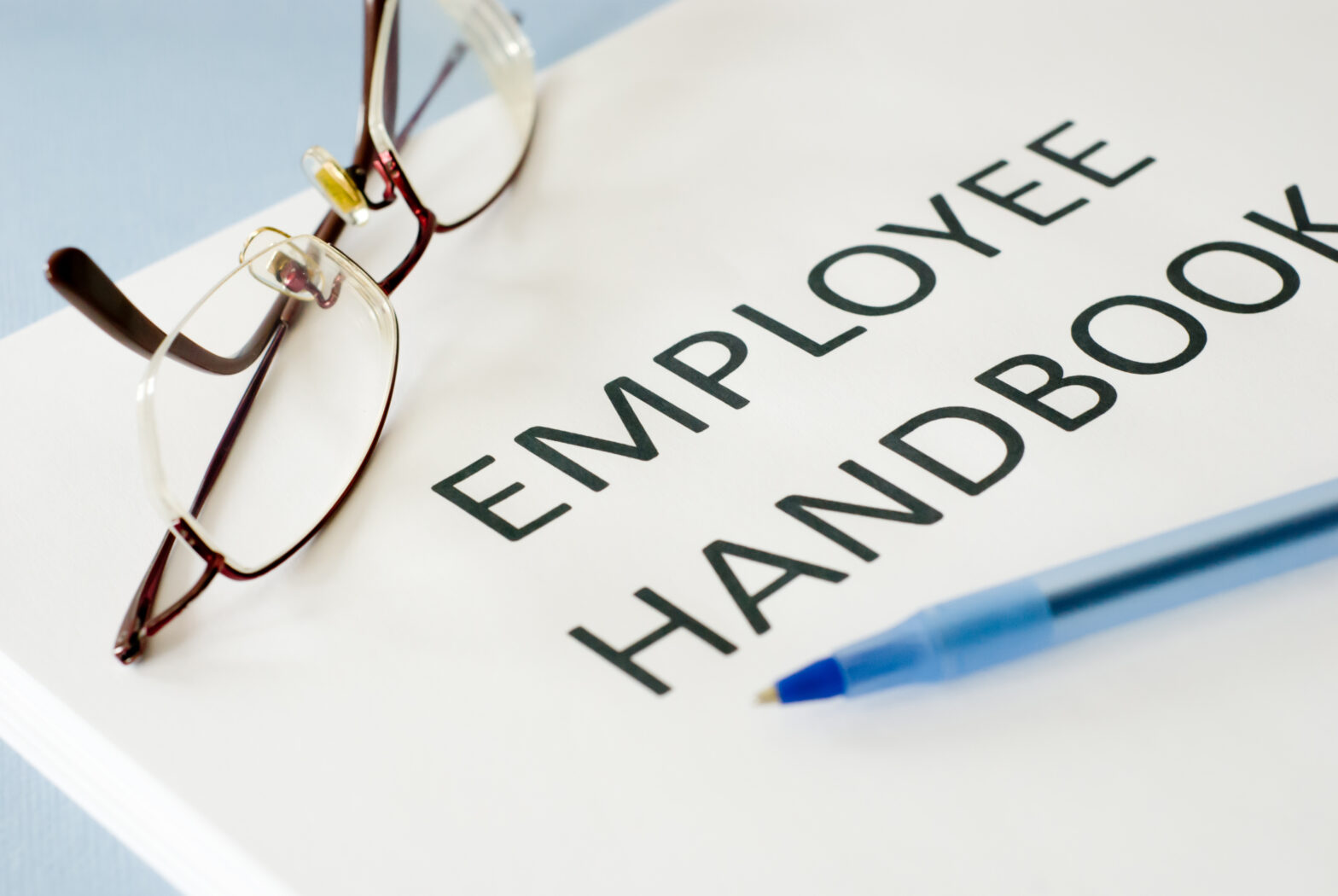Scientists tend to be more naturally open-minded compared with many other professions, but there are definitely still barriers to attracting women into science in the first place. Changing the perception of science is vital if more women are to consider the profession as a real career opportunity. As an industry we really need to re-dress the balance that science is a ‘man’s world’ as this stigma or perception starts from a very young age.
Childhood plays a big part
If children are exposed to female science teachers at school from an early age they will naturally associate science with women too, which will help to negate those hopefully dwindling stereotypes of ‘only boys do physics’ or science is for boys.
Your childhood can certainly have a big impact on the career you choose and that was certainly the case for me in choosing science as my career. As a child I was always encouraged to explore and experiment, having an artist and teacher for a mother helped too because I was allowed to do things in my own way and was always encouraged to keep an open mind, which is an essential trait of a scientist.
This coupled with natural curiosity to try new things and an ability to question everything, can help to give greater steer towards a science-led profession. Science is such an important part of life and we need to reiterate that point to the young if we are to continue to inspire a generation of children that will embrace the wonderful world of science.
Encouraging younger boys and girls to experiment and understand the science around them could lead to many future possibilities – it is exciting to think that you could be looking at the next Jane Goodall or Thomas Eddison. Science gives us all fantastic opportunities to really make a difference. From designing the next nano robot performing microsurgery to coming up with alternatives to fossil fuels. There are so many possibilities.
Dwindling numbers
There are of course many strong and inspiring women working in science today. But the truth is, historically there has been a stigma attached to women working in science. Jocelyn Bell Burnell gave a talk some years ago, where she was describing how she was ‘jeered’ by the men in her physics lecture theatre in the 1960s.
Thankfully times have changed from that perspective but the statistics still show that fewer girls are taking up physics A-levels today than they did in the 1980s so sciences are becoming a less popular choice for girls. It begs the question does science as a whole need an image overhaul? Perhaps having access to more relatable (and cool) presenters like Alice Roberts and Brian Cox on television is helping to make science more accessible for all?
Women have so much to contribute to science. There have been so many significant female scientists too, Marie Curie, Rosalind Franklin, Ada Lovelace, Florence Nightingale, Emmy Noether, Maria Montessori to name just a few – and this is despite the barriers they may have faced along the way. Imagine what could be achieved in the more open, fair field of play we have today?
Making the most of talent
The best thing about being a woman in science is the challenges, the questioning and the thinking. There’s always some new discovery to learn about and this needs to translate into schools today if we are to engage children in science – making it fun and exciting is key as is challenging those ‘dusty’ and ‘boring’ labels that have plagued science over the years.
If you are a woman considering a science career, don’t let past stigma hold you back. Manufacturing seems to be fading from British shores so in the future our country will be looked upon more and more as a centre of excellence, as experts in our field and consultants, so it imperative to make the most of the talent pool available and 50 per cent of that talent are women.
Sophie Allnutt is co-founder of Mini Professors





